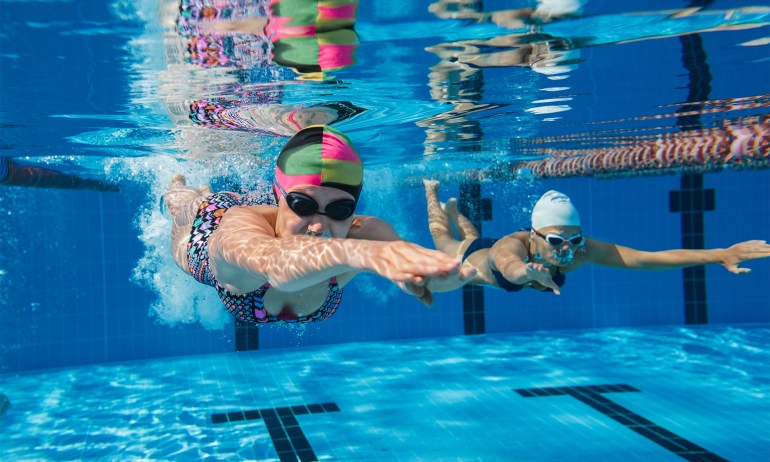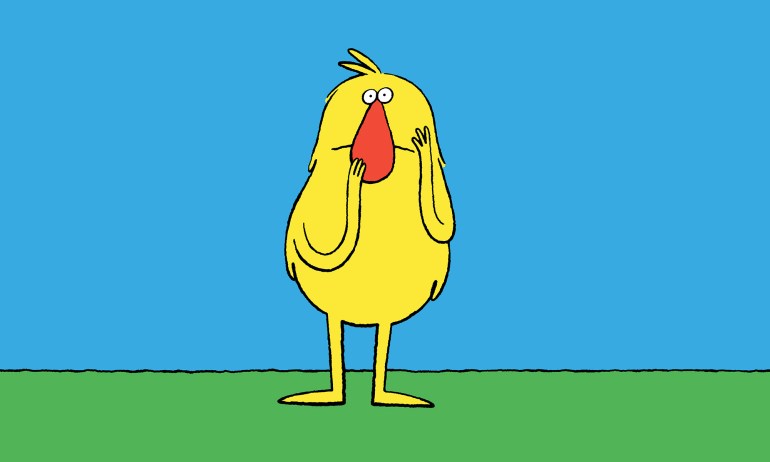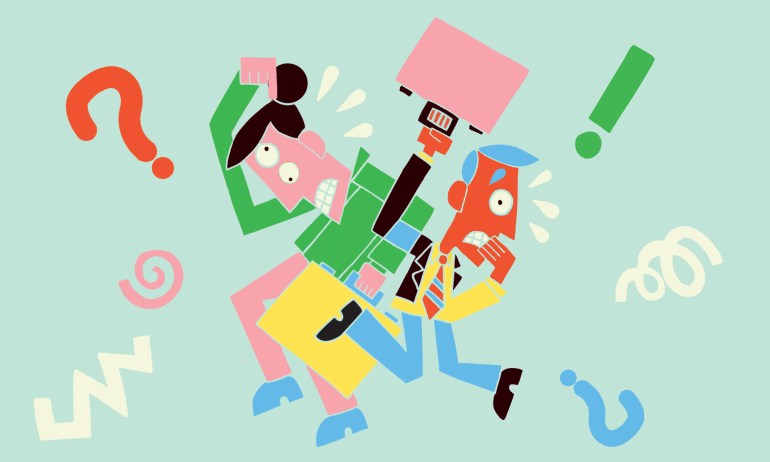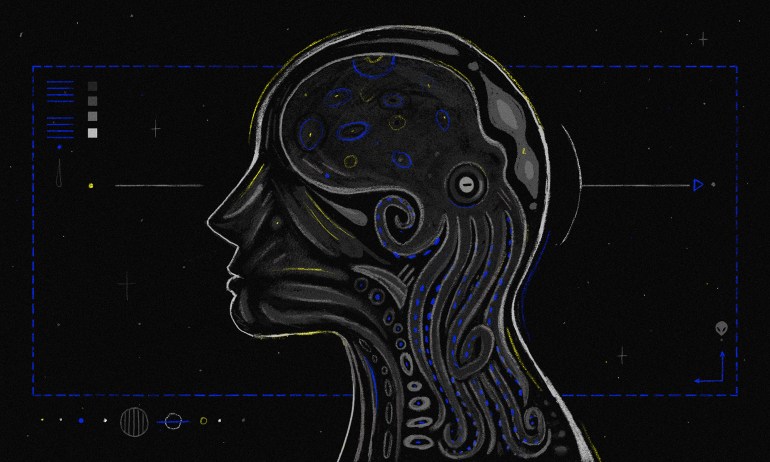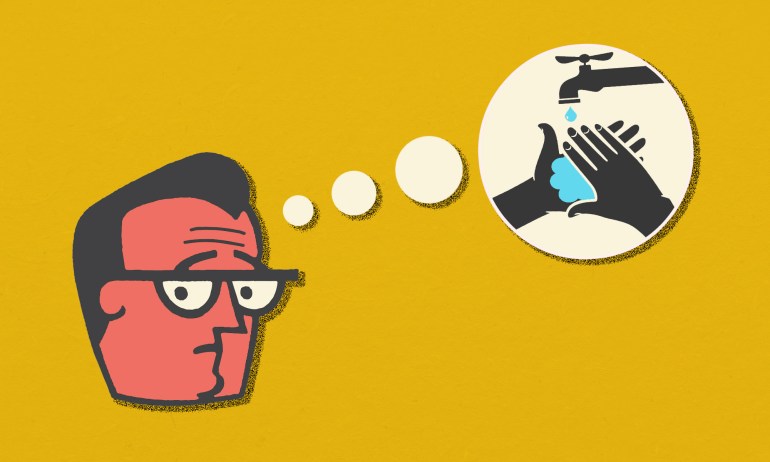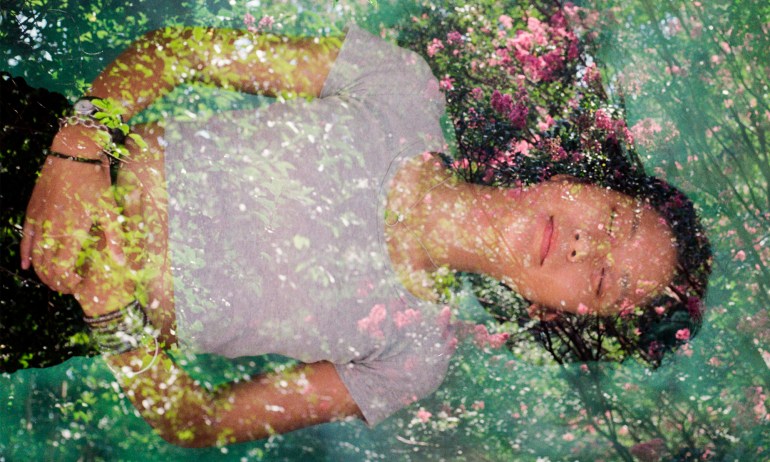
Science
Where does consciousness come from? And how do our brains create it? A look at one of life’s biggest mysteries
Within each of our minds, the activity of billions of neurons gives rise to a conscious experience — and not just any experience, yours, right here, right now. How does this happen? There’s still so much we don’t know … and that’s an amazing thing, says cognitive neuroscientist Anil Seth PhD.

